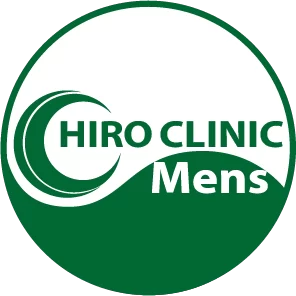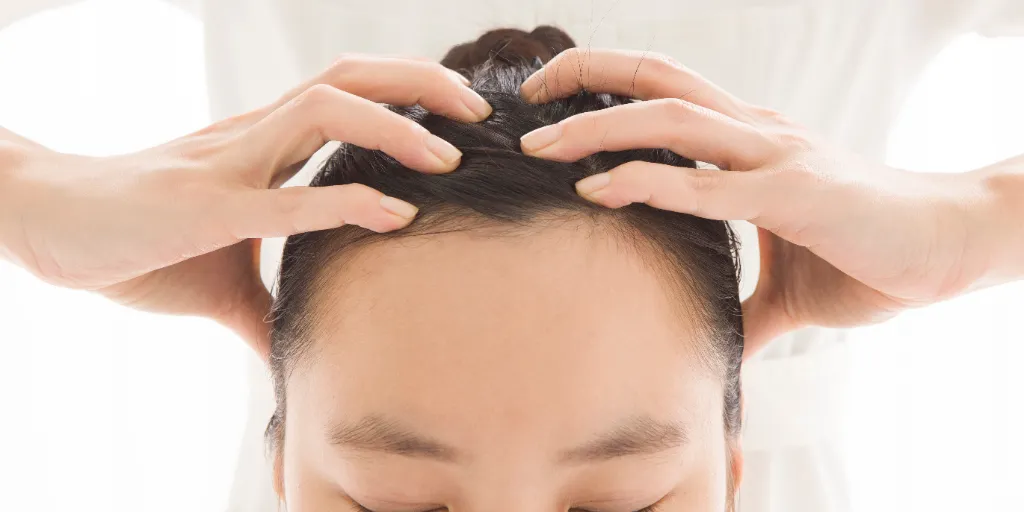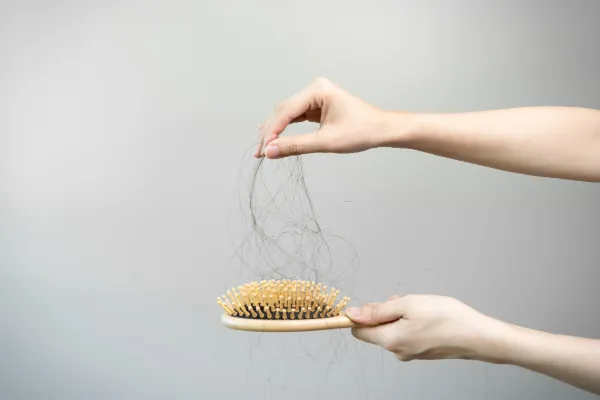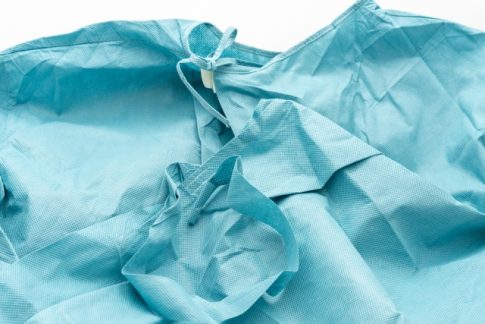この記事の概要
Proper care is the key to success after hair transplant surgery. Failure to take care of your hair after surgery can reduce the rate at which transplanted hair grows back and may not produce the desired results. This article details post-surgical hair transplant care and provides a guide to ensure a successful outcome.
Care immediately after surgery
rest and rest
Rest is most important immediately after surgery. On the day of your surgery, try to relax and avoid strenuous exercise or shaking your head. Sleeping with your head elevated can help reduce swelling.
scalp protection
To protect the graft and donor site, be careful not to touch the scalp directly. Be careful not to rub or scratch your scalp, especially during the first few days. It is also important to use antibiotics and painkillers as directed by your doctor.
How to wash your hair
You should avoid washing your hair for several days after surgery until directed by your doctor. Once your doctor has given you permission, wash your hair gently using the following methods:
Moisten with lukewarm water: Instead of showering directly, pour lukewarm water into a bowl and gently pour it over your scalp with your hands or a cup.
Light Shampoo: Use a shampoo recommended by your doctor and gently massage with your fingertips.
Rinse: Rinse the shampoo thoroughly using lukewarm water again.
Drying: Remove moisture by pressing lightly with a towel and let dry naturally. Avoid using a hair dryer.
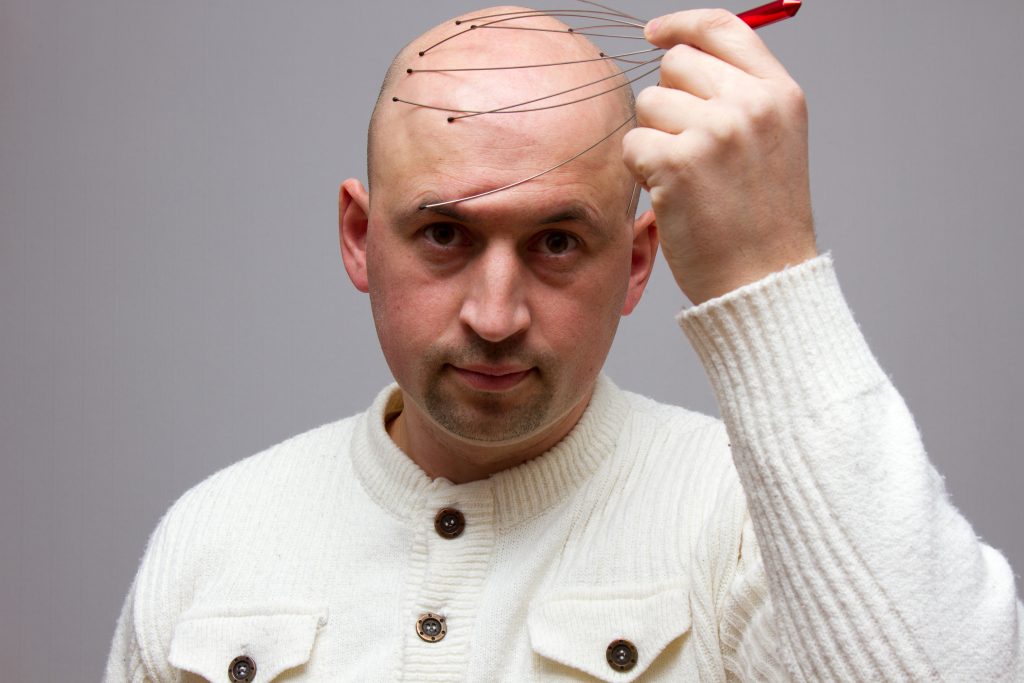
Care for 1 week to 1 month after surgery
Scalp protection and moisturizing
Continue to protect your scalp and moisturize as needed for 1 week to 1 month after surgery. You can help your scalp heal by using ointments and lotions prescribed by your doctor.
exercise and activity
You can resume light exercise one week after surgery, but avoid strenuous exercise or vigorous head shaking. It is important to gradually return to your normal life without putting stress on your scalp.
Precautions when going out
When going out, protect your scalp by avoiding direct sunlight and wearing a hat. It is also recommended that you avoid using pools and saunas for the first month after surgery.
long term care
regular follow-up
It is important to have regular follow-up visits with your doctor to check on your progress after surgery. We will check the growth status of the transplanted hair and the condition of the scalp, and provide additional care if necessary.
healthy lifestyle habits
To keep your hair healthy, be sure to eat a balanced diet, get enough sleep, and manage stress. A diet rich in vitamins and minerals promotes hair growth.
continuous scalp care
To maintain the health of your scalp after transplantation, shampoo and moisturize regularly. Scalp massage can promote blood circulation and help hair growth.
Things to avoid after hair transplant
smoking and drinking
Smoking and excessive drinking can worsen blood circulation and reduce the survival rate of transplanted hair. It is advisable to avoid these after surgery.
irritation to the scalp
Avoid rubbing or scratching your scalp after surgery. Especially in the first few weeks, severe irritation to the scalp can have a negative effect on the transplanted hair.
excessive sun exposure
Direct sunlight can damage your scalp, so protect it by wearing a hat when you go out. It is important to avoid excessive sun exposure, especially during the first few months after surgery.
in conclusion
Proper care after hair transplant surgery is essential to the success of the procedure. By resting immediately after surgery, protecting your scalp, long-term scalp care, and maintaining a healthy lifestyle, you can increase the survival rate of your transplanted hair and achieve a natural-looking finish. By following the guidance of a trusted doctor and continuing careful care, you will be able to achieve satisfactory results.
Hiro Clinic Hair Transplant
At Hiro Clinic, we recommend Natural Pro FUE treatment, which treats hairless areas where oral treatment or injection therapy is not effective, and leaves almost no visible scars.
Post-operative management is made easier by harvesting hair roots from the back of the head and shaving the area.
Transplant only the required number with a natural finish. Day surgery using local anesthesia is possible, and we provide gradual hair growth at an affordable price.
You can receive it safely in Japan.
よくある質問
QWhen will the transplanted hair start growing back?
ATransplanted hair usually falls out temporarily 2-3 weeks after surgery. New hair then begins to grow in 3-4 months, with final results often seen in 6-12 months.
QCan transplanted hair fall out again?
AThe transplanted hair continues to have the characteristics of the donor site and will generally continue to grow permanently. However, natural aging and other health factors can cause hair to thin.
QWhat should I do if I have itching or pain after hair transplant surgery?
AIt is common to experience mild itching or pain after surgery. If these symptoms persist or worsen, consult your physician for appropriate treatment.
